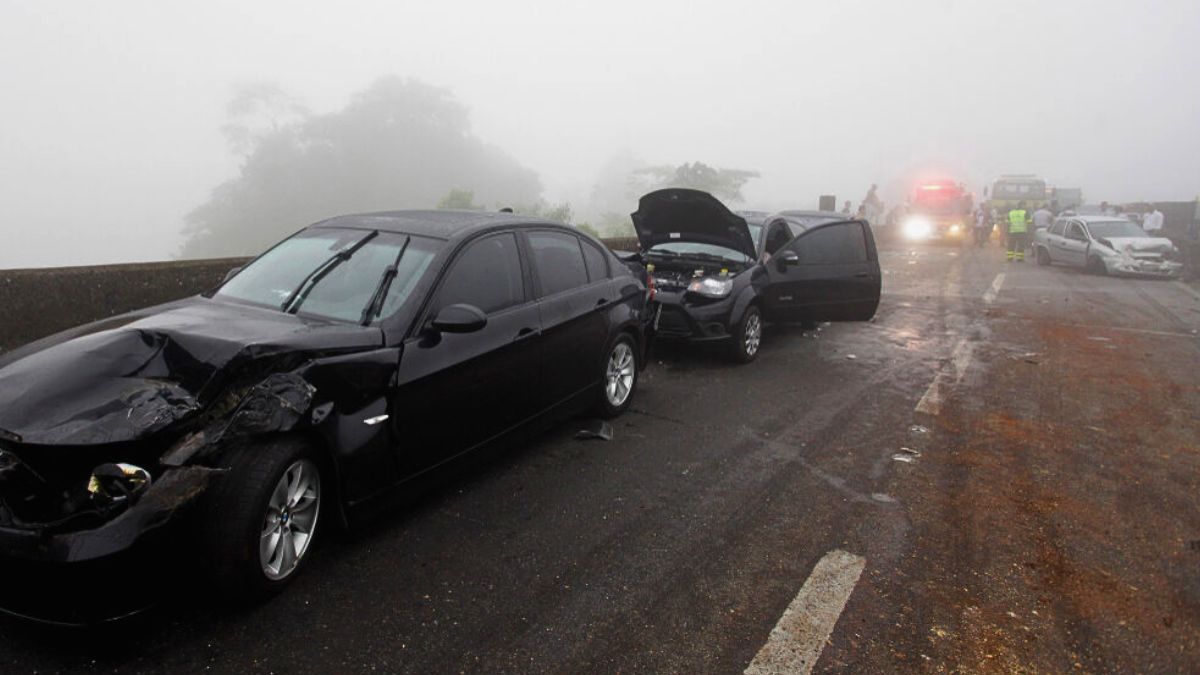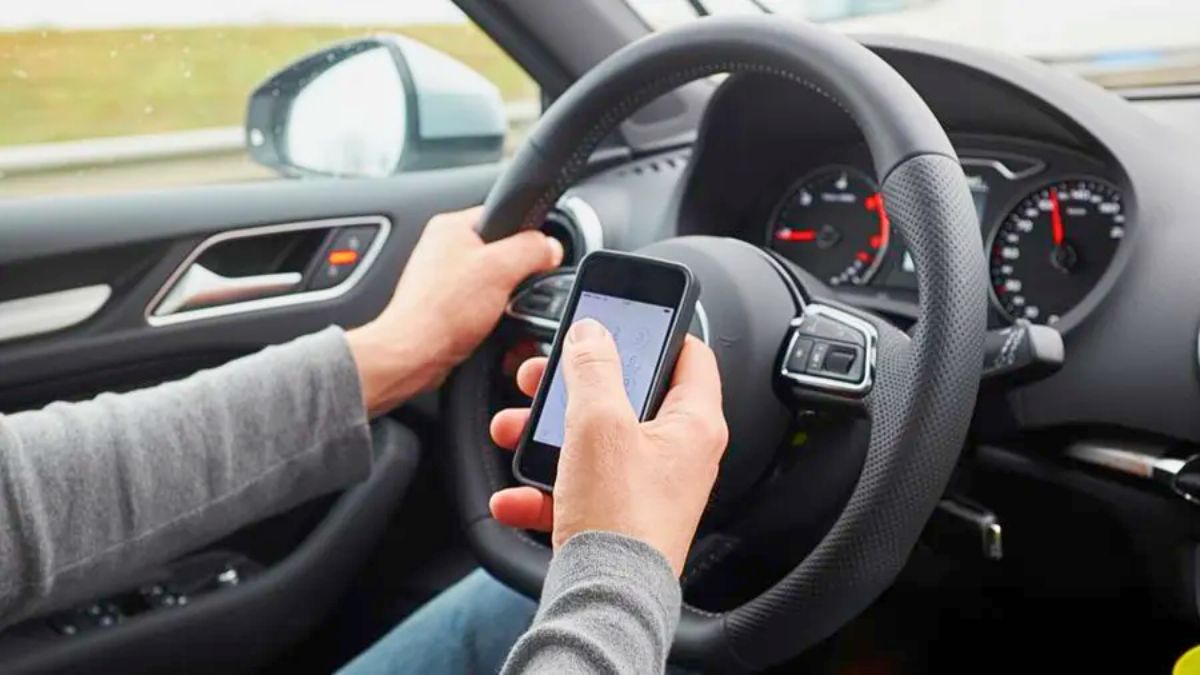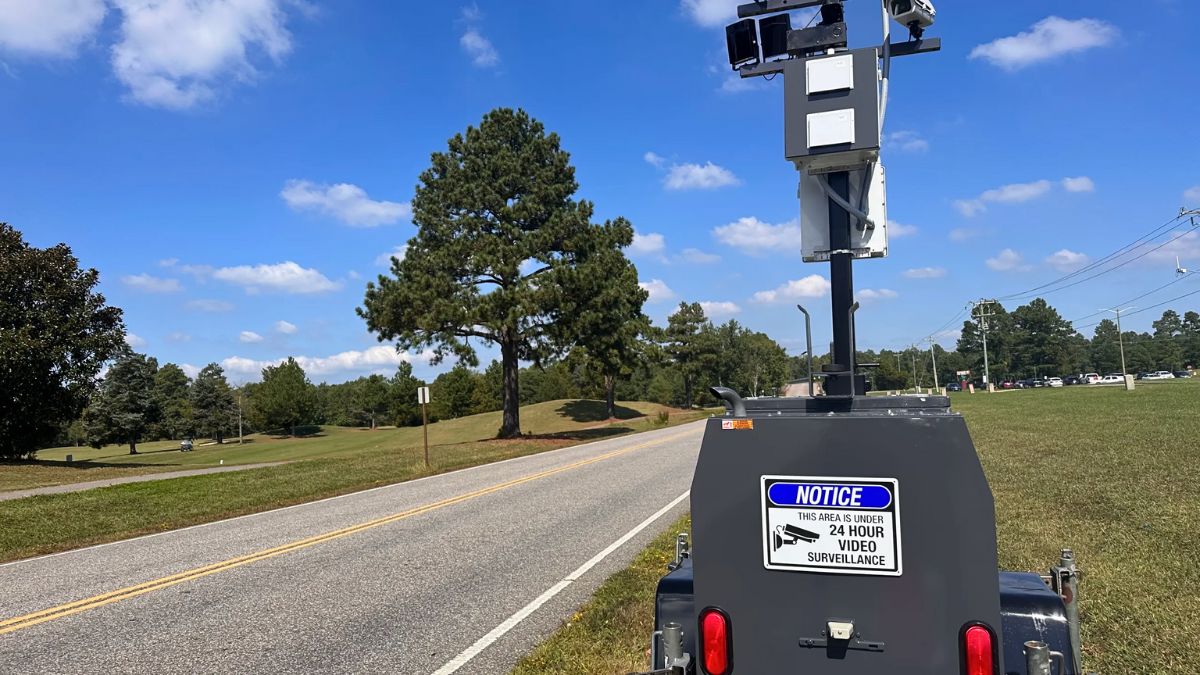If you’re a senior driver in Virginia or have aging parents behind the wheel, you’ll want to know about the 2025 updates to the state’s driver’s license rules. These changes are designed to improve road safety while helping older drivers stay independent for as long as safely possible. Here’s what’s changed, what stayed the same, and what seniors need to prepare for.
Renewal Changes
The biggest shift in 2025 is how often senior drivers need to renew their licenses. Under the new law:
- Drivers age 75 and older must renew every 5 years instead of every 8 years.
- In-person renewal is required at least once every renewal cycle.
- Online renewals are restricted for drivers over 75—most will need to visit a DMV office.
This allows the Department of Motor Vehicles (DMV) to better assess vision, reaction time, and overall driving fitness.
Vision Testing
Seniors in Virginia have long been required to pass a vision test, but the 2025 rules make it more standardized:
- Vision screenings are now required at every renewal for drivers 75+.
- Seniors must have at least 20/40 vision in one or both eyes, with or without corrective lenses.
- If vision falls short, a form from an optometrist or ophthalmologist must be submitted.
The DMV can also request a re-test at any time if there’s a concern raised about a senior’s ability to drive safely.
Road Testing (When Required)
While road tests aren’t mandatory for all seniors, there are new triggers that could lead to a retest:
- Crash involvement or medical reporting may prompt a re-evaluation.
- Concerned family members or law enforcement can submit reports to the DMV.
- In some cases, a limited license may be issued—allowing driving only during daylight hours or within a certain distance from home.
The goal isn’t to take away driving privileges, but to ensure seniors are driving safely under the right conditions.
Medical Disclosures
Virginia’s DMV is now more proactive in reviewing medical conditions that might affect driving:
- Seniors are encouraged to self-report any conditions like dementia, seizures, or vision loss.
- Physicians can submit a Medical Review Form if they believe a patient may be unfit to drive.
- These cases are reviewed by the DMV’s Medical Advisory Board, which can recommend restrictions or revocation if necessary.
This step helps balance safety with the need for mobility and independence.
Real ID and Identification
All drivers renewing licenses must still comply with REAL ID requirements if they want to use their license for boarding domestic flights or entering federal buildings.
Seniors should bring the necessary documents like:
- Proof of identity (birth certificate or passport)
- Proof of legal presence
- Social Security card
- Two proofs of Virginia residency (utility bills, lease, etc.)
If you don’t plan to fly or visit federal facilities, you can still get a standard driver’s license, which is valid for driving only.
Tips for Senior Drivers
To stay safe and retain your license longer:
- Get regular eye exams
- Take a senior driving refresher course
- Avoid night driving if visibility is an issue
- Be honest about your medical condition
Driving is a symbol of freedom, and Virginia’s 2025 changes aim to keep seniors on the road while making sure everyone stays safe.
FAQs
How often do seniors renew licenses now?
Every 5 years for drivers age 75 and older.
Do seniors need a vision test every time?
Yes, at every renewal if over age 75.
Can seniors renew licenses online?
Most must renew in person after age 75.
When is a road test required for seniors?
After crashes or medical concerns are reported.
Is REAL ID required for all seniors?
Only if flying or entering federal buildings.

















